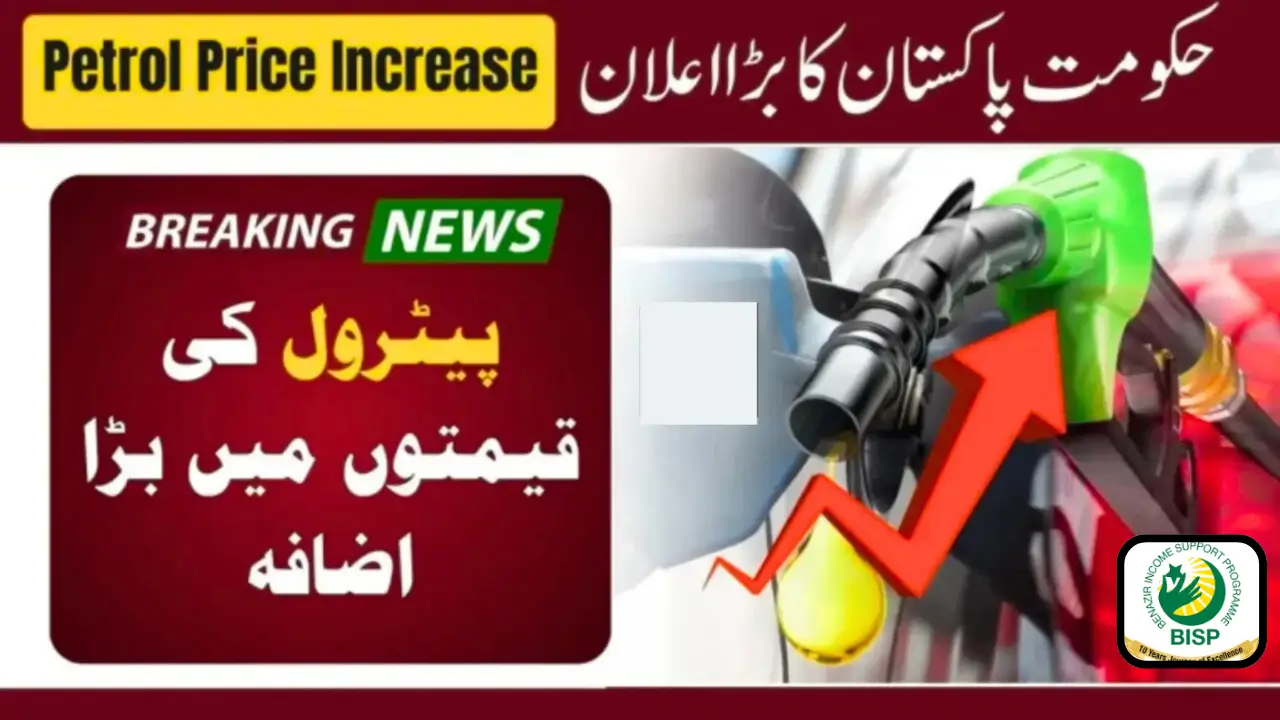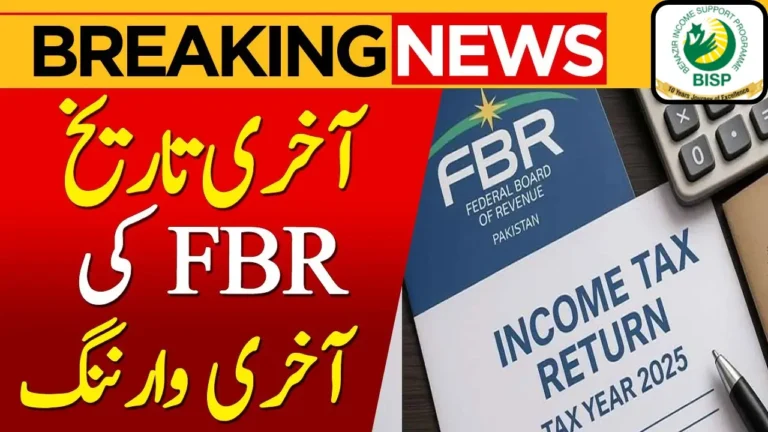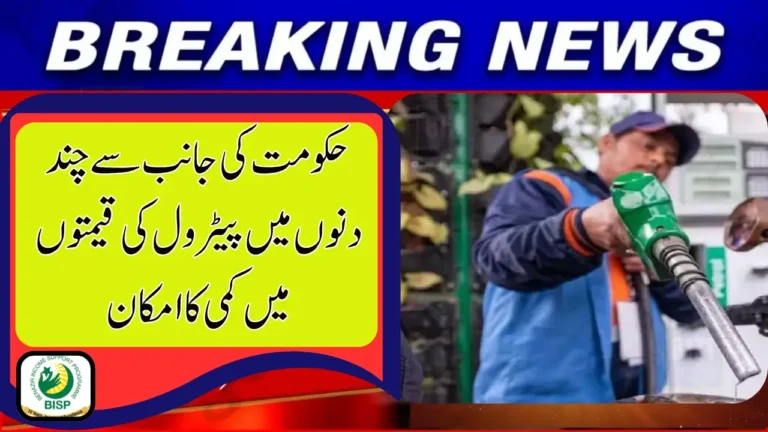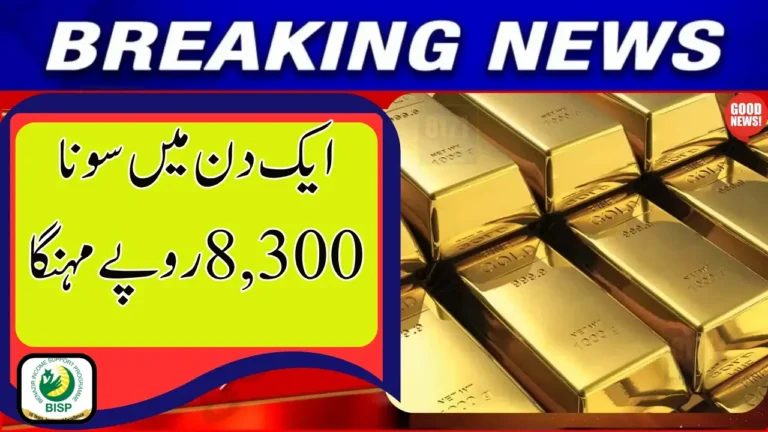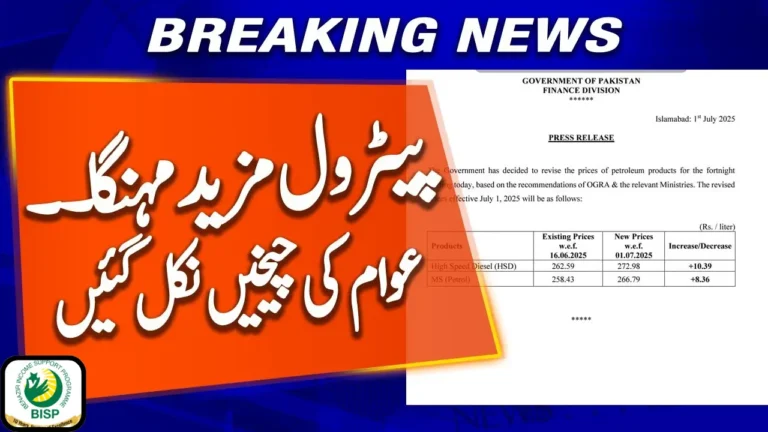Petrol Price Increase in Pakistan – OGRA Update for November 1, 2025
The Petrol Price Increase in Pakistan is once again making headlines as the government prepares to implement new rates from November 1, 2025. Following the latest review by the Oil & Gas Regulatory Authority (OGRA), citizens are being alerted to an expected rise in fuel costs. This adjustment affects petrol, diesel, kerosene, and light diesel oil (LDO) and has implications for households, businesses, and public transportation alike.
Rising fuel prices have become a recurring challenge in Pakistan, and the Petrol Price Increase reflects a combination of global market conditions, currency fluctuations, and domestic fiscal policies. While the hike may seem modest, its ripple effects on daily expenses and overall economic activity are significant.
Latest Petrol Price Increase in Pakistan
The latest review by OGRA indicates a projected increase in petrol prices and other petroleum products. Although the official notification will confirm the exact rates, preliminary estimates show the following:
| Fuel Type | Projected Increase (Rs per Litre) |
|---|---|
| Petrol | 1.50 |
| Diesel | 1.40 |
| Kerosene | 2.30 |
| Light Diesel Oil (LDO) | 0.50 |
These estimates give consumers a practical reference for budgeting ahead of the official Petrol Price Increase.
Reasons Behind the Petrol Price Increase
Several factors contribute to the ongoing Petrol Price Increase:
- Global Oil Prices: Fluctuating international crude oil prices directly influence domestic fuel costs.
- Currency Exchange Rates: A weaker Pakistani rupee increases the cost of importing fuel, leading to price adjustments.
- Logistics and Supply Chain Costs: Transportation and storage expenses can change, affecting pump prices.
- Government Pricing Policies: OGRA periodically revises fuel prices to reflect market realities and maintain fiscal balance.
Impact of Petrol Price Increase on Consumers
Even small increases in petrol prices can have a noticeable effect on households:
- Commuting Costs: Daily travel expenses rise for private vehicle owners.
- Public Transport Fares: Transport operators often adjust fares to account for higher fuel costs.
- Goods and Services: The cost of products transported across the country may increase due to higher fuel expenses.
Business and Economic Implications
The Petrol Price Increase also impacts businesses and the broader economy:
- Logistics and Transport: Companies face higher operational costs, which may be passed to consumers.
- Manufacturing: Fuel-intensive industries experience increased production costs.
- Inflationary Pressure: Frequent petrol price hikes can contribute to overall inflation.
- Government Revenue: Taxation and levies on petroleum products form a significant part of fiscal planning.
Role of OGRA in Petrol Price Increase
OGRA plays a central role in determining fuel pricing. It calculates recommended prices based on import costs, exchange rates, and taxes before submitting them to the Ministry of Finance. The federal government approves the final rates, which are then notified to the public. This process ensures that the Petrol Price Increase is aligned with both market trends and economic policies.
How Consumers Can Prepare
To manage the impact of the Petrol Price Increase in Pakistan, consumers can take practical steps:
- Monitor Fuel Usage: Keep track of petrol consumption and identify areas to reduce it.
- Use Carpooling or Public Transport: Sharing rides can mitigate the financial impact.
- Plan Major Travel Ahead: Completing trips before price hikes can save costs.
- Stay Informed: Keep track of official notifications to know the exact rates and effective date.
Future Outlook for Petrol Prices
The Petrol Price Increase is part of a recurring review cycle that occurs every few weeks. Consumers and businesses should monitor trends in global crude oil prices, currency fluctuations, and official announcements. Preparing for potential increases can help households manage budgets and businesses adjust operational costs efficiently.
Conclusion
The Petrol Price Increase in Pakistan effective November 1, 2025, highlights the ongoing challenges of balancing fuel costs with economic realities. While the projected rise may appear moderate, its effects span household expenses, transport costs, and business operations. Staying informed, planning fuel usage, and monitoring official updates can help mitigate the impact of these hikes. The Petrol Price Increase serves as a reminder that proactive preparation is essential for managing both personal and business finances in a fluctuating economic environment.
